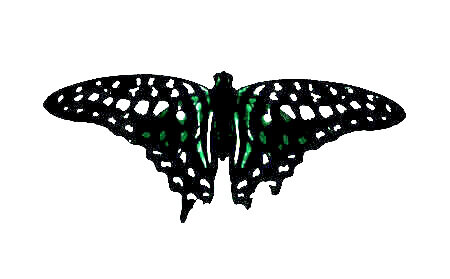His Memory is a Blessing
My uncle Richard died two weeks ago in London. I’ve written or said many versions of that sentence, and each time it feels less real. A man like Richard cannot die—he was too full of life and too present in so many of our lives. He laughed often, had the best smile. On the first morning of my visit with him and my aunt Maggie this June, we ate breakfast at a sunlit London restaurant, next to a young couple and their adorable, grumpy baby. Then Richard grinned at the baby, who immediately stopped crying and began to giggle. Richard has always had this effect—babies and children recognize him as safe, loving, and a kindred spirit.
When I was a sad and lonely little kid and my parents fought more often than not, Richard and Maggie, my father’s sister, showed me there were other ways to feel and be seen. They came from England one summer to visit us in the Finger Lakes, where we swam in a different body of water every day. I had never seen two adults delight so much in movement, or in sunshine and the company of others. I had never heard a laugh as velvety and full as Richard’s. It made me laugh like he made that London baby laugh; there’s a picture somewhere of me, my mom, dad, and Rich and Mag eating a picnic in a bright and hot cornfield, and Rich is pointing my attention to the camera, but instead I’m staring in awe at him and his exuberant face. Richard and Maggie were the first people I knew who truly showed up for life—and for the people in their lives—with total joy, compassion, and love.
When we were apart, which was most of the time because of the literal ocean between us, Maggie and Rich stayed connected by sending me tapes of Rich singing and Maggie playing the piano. These tapes came in care packages with treasured objects like the red-velvet slippers I wore until the buckles broke. Over the years, Maggie and Rich have put the same kind of care into keeping in touch with my cousins in America, with their beautiful godchildren in England, and now with my own daughter, whose life they’ve been a part of since the day of her birth twelve years ago, when they were the first of our family to hold her.
As my husband recently pointed out, Rich has been a very uncommon sort of uncle, showing up in ways that would not be expected of a relative-by-marriage but that he embraced, again and again. We’ve made an effort to meet wherever we can—London, Ann Arbor, Paris, Malagá, Valladolid, Boston, New York, Beijing. When Ben and I lived in China just before the 2008 Olympics, Mag and Rich came to visit and gamely hiked a long, crumbly, and steep stretch of the Great Wall—Maggie in her Crocs, the only suitable footwear she’d packed. Last summer, we all rented a chateau together in the Loire Valley in France, and we laughed and talked and swam and relished in the cheese, the coffee, the acres of grape vines behind our house. In showing up—for us and for life—Richard and Maggie have taught us to show up too.
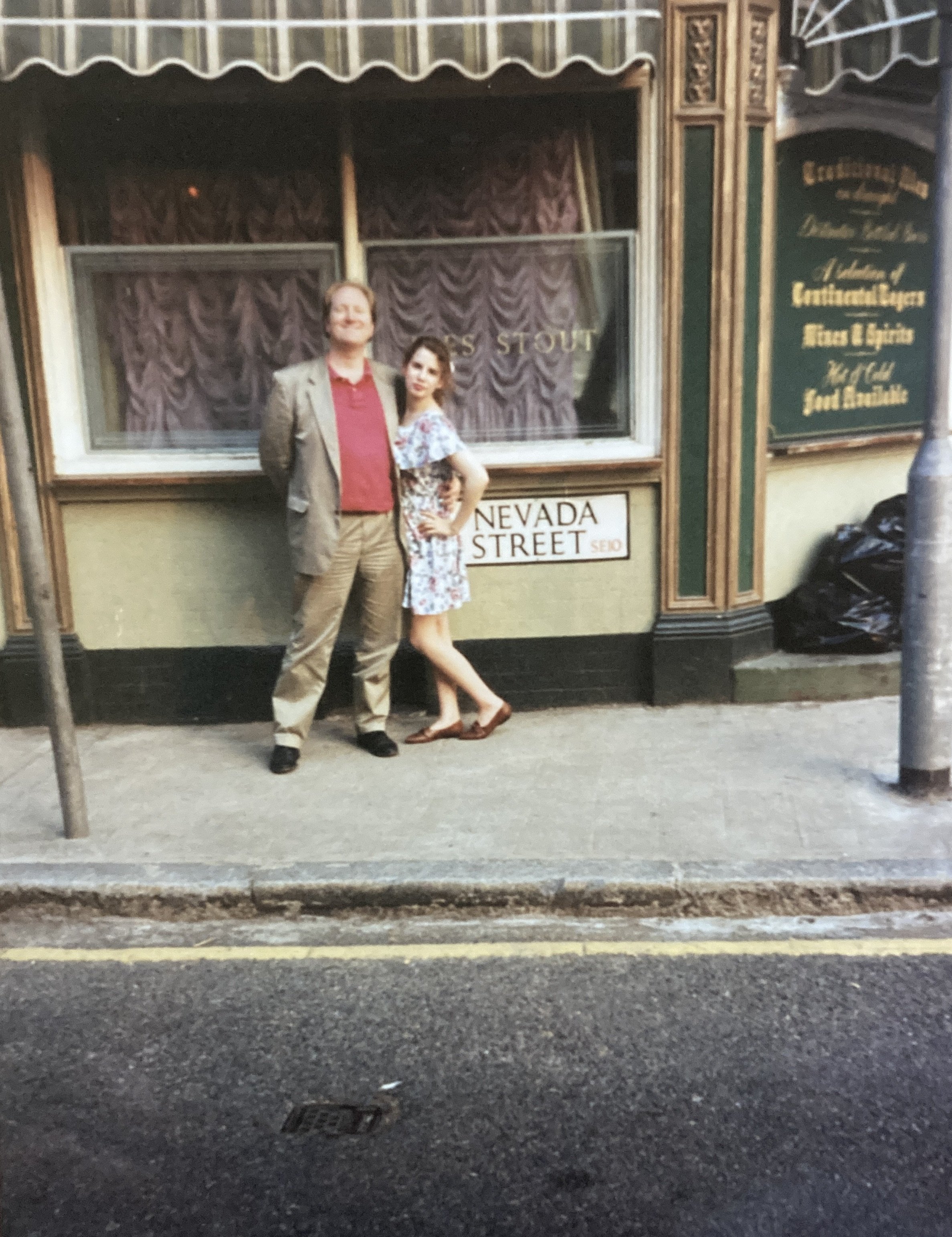
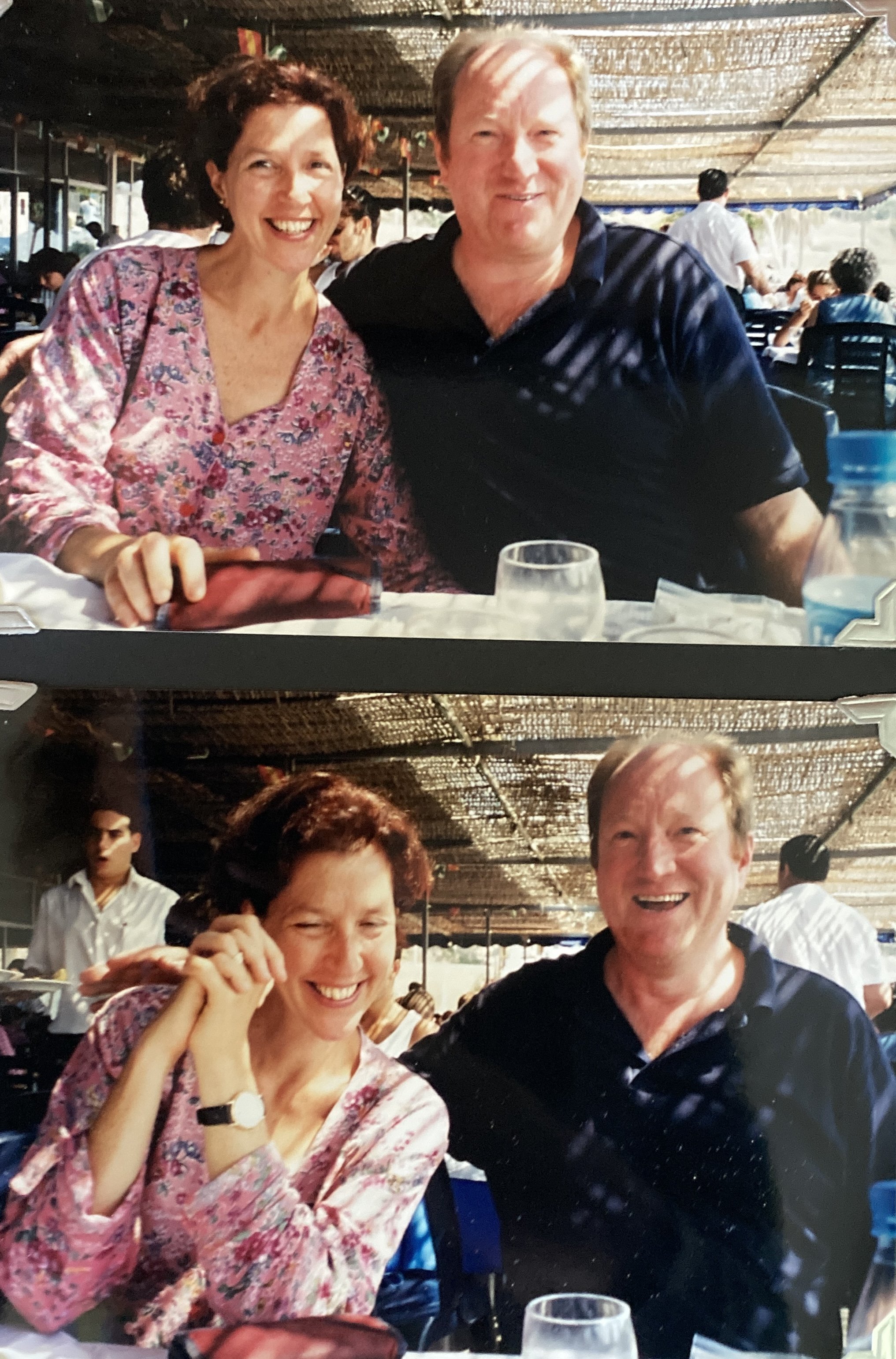
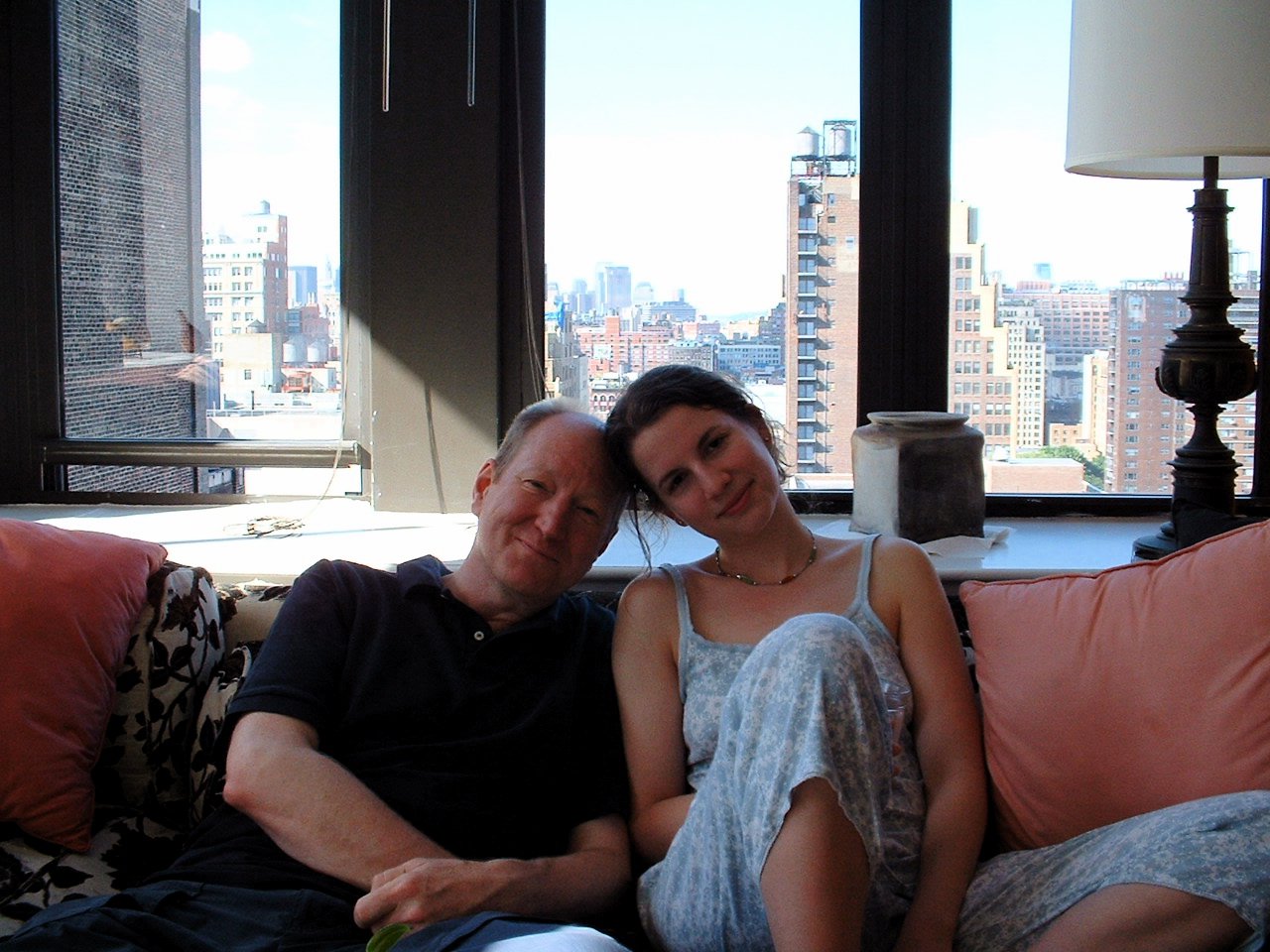
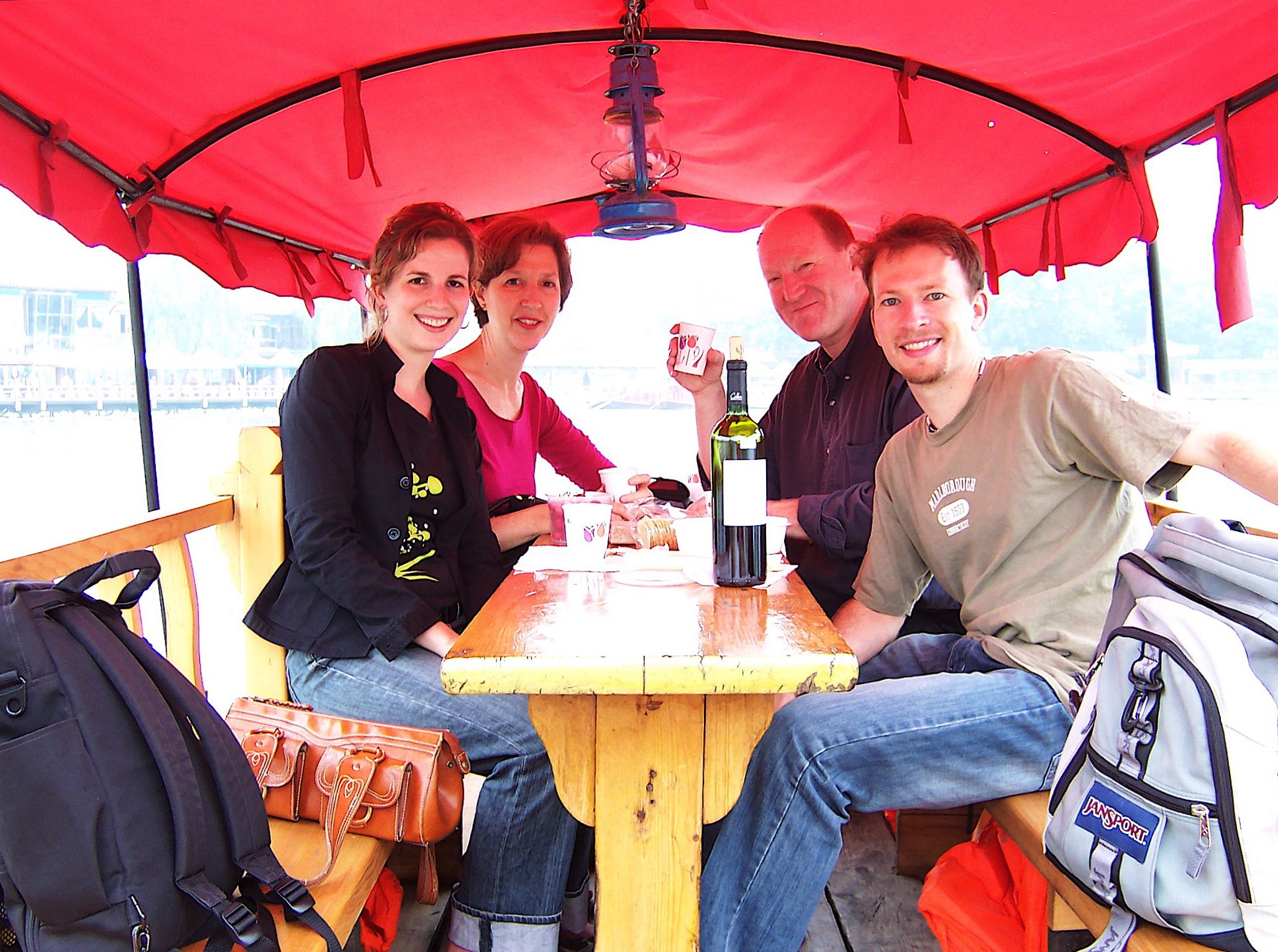
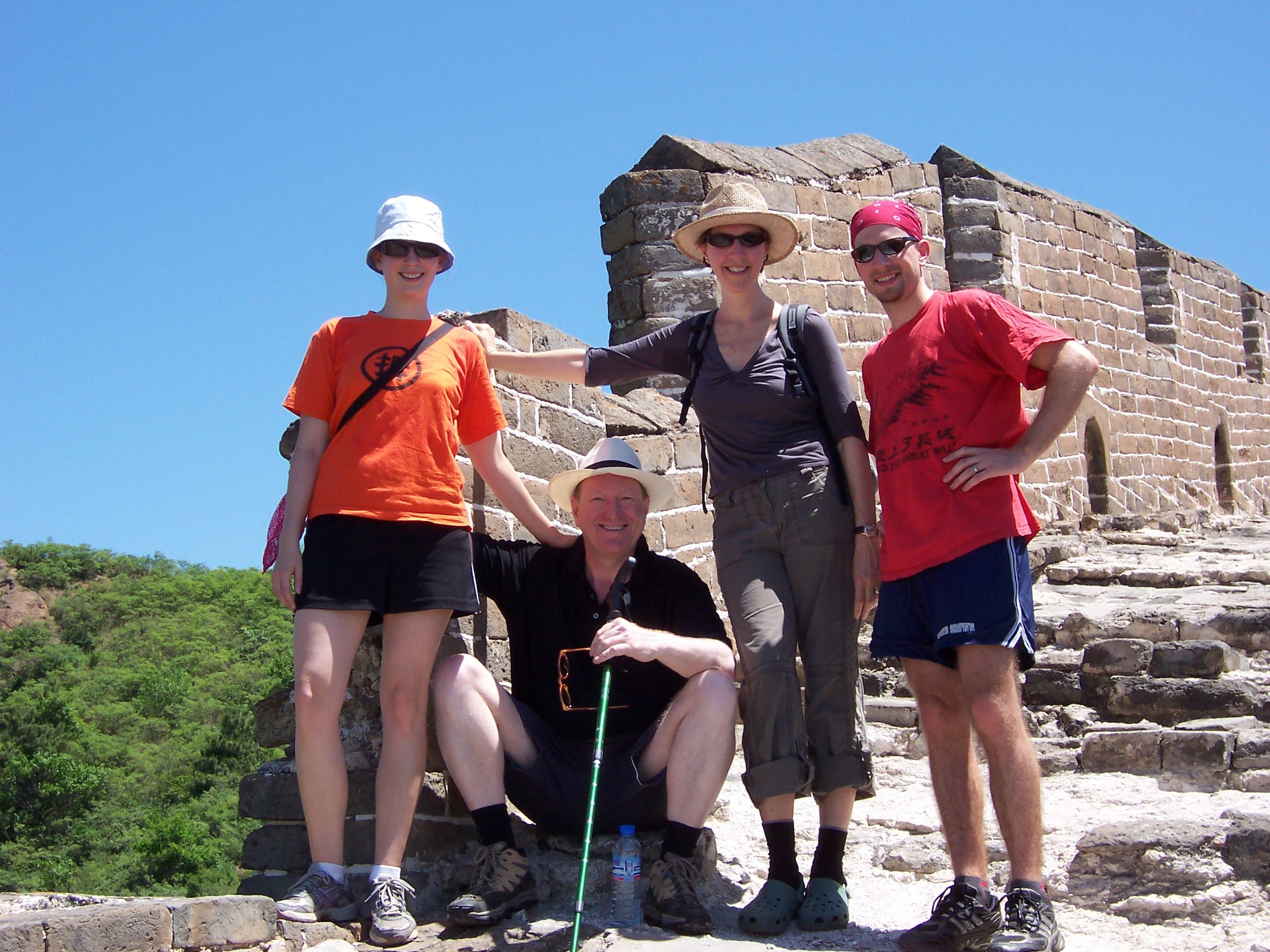
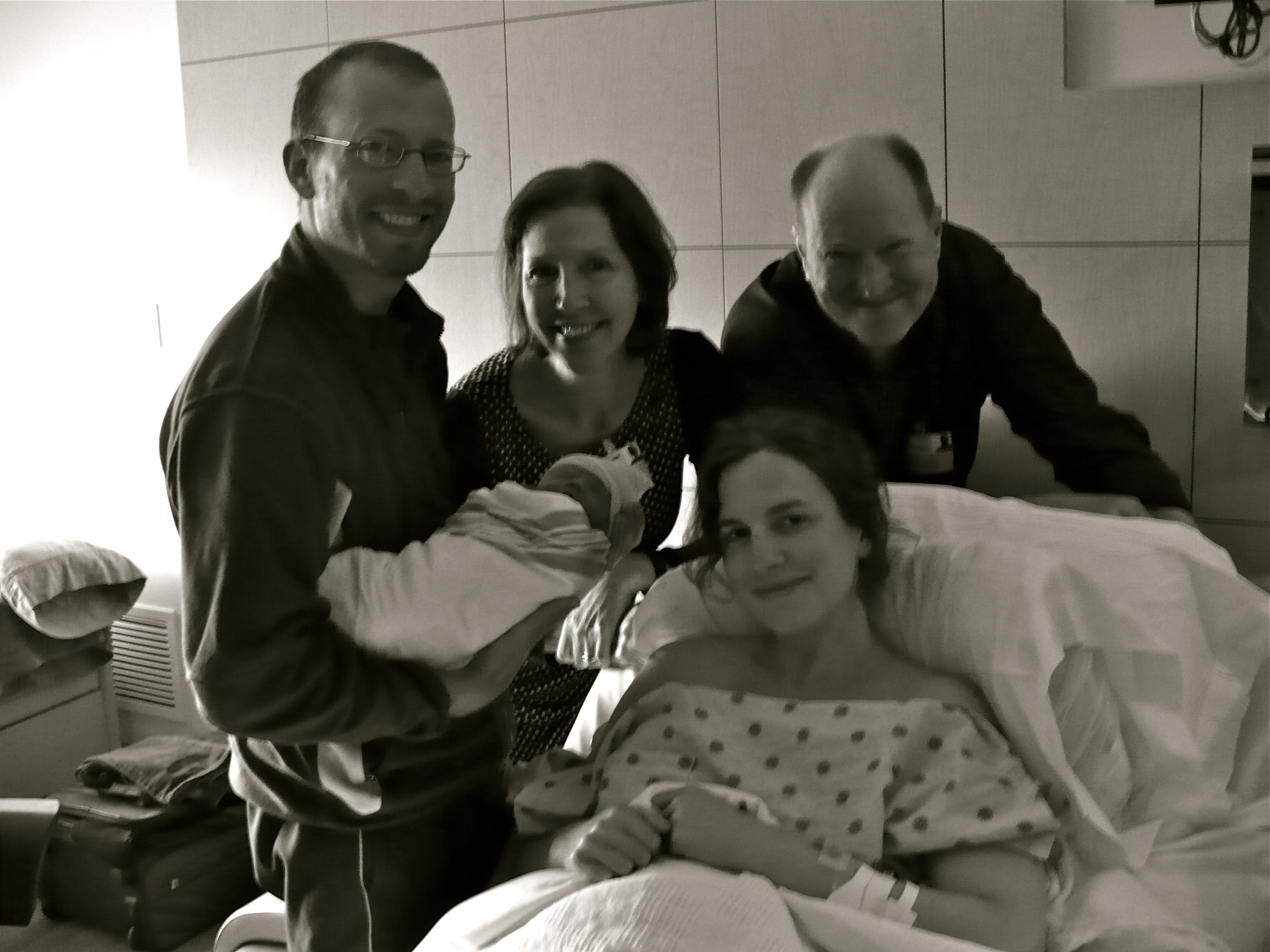
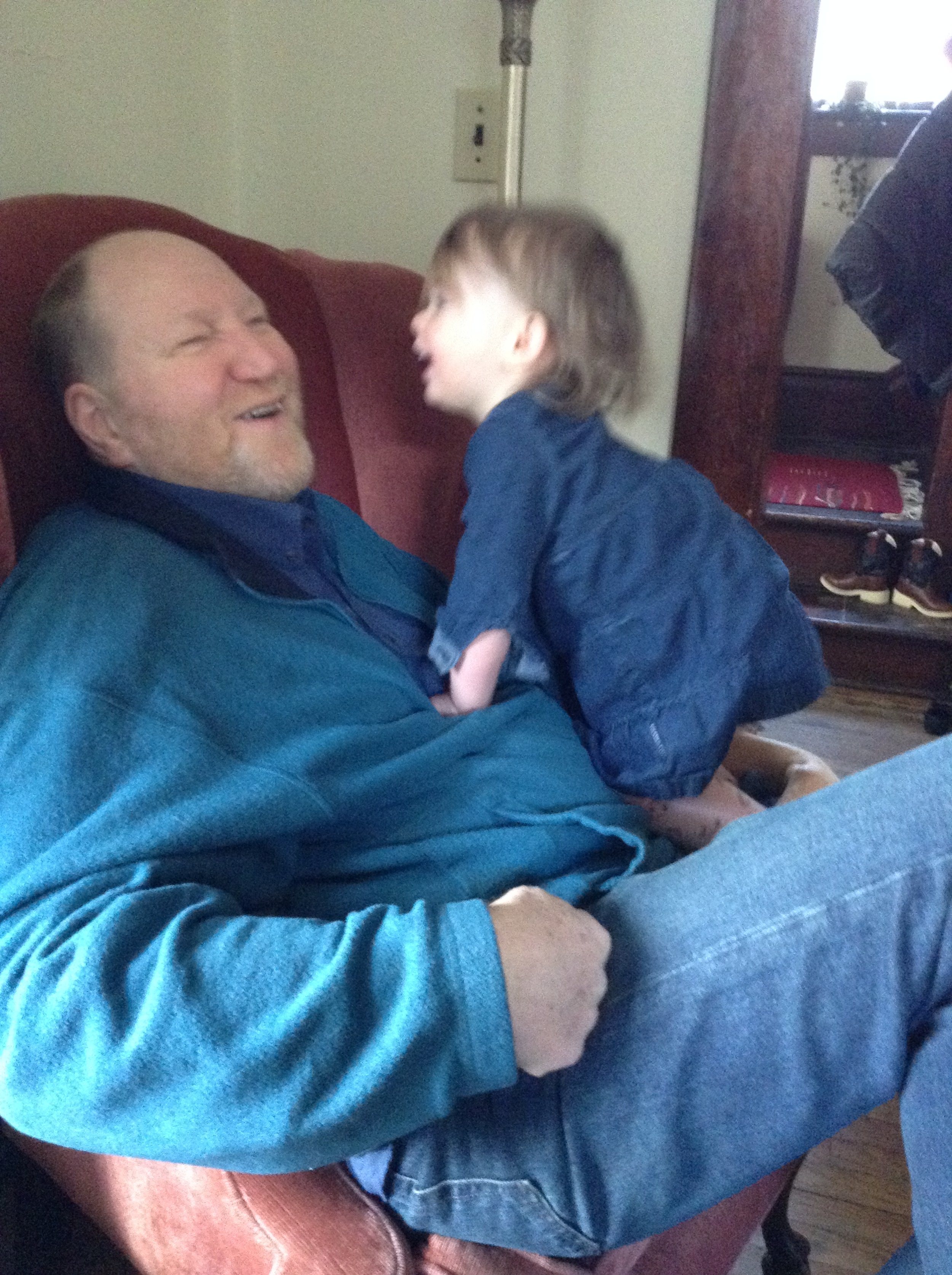
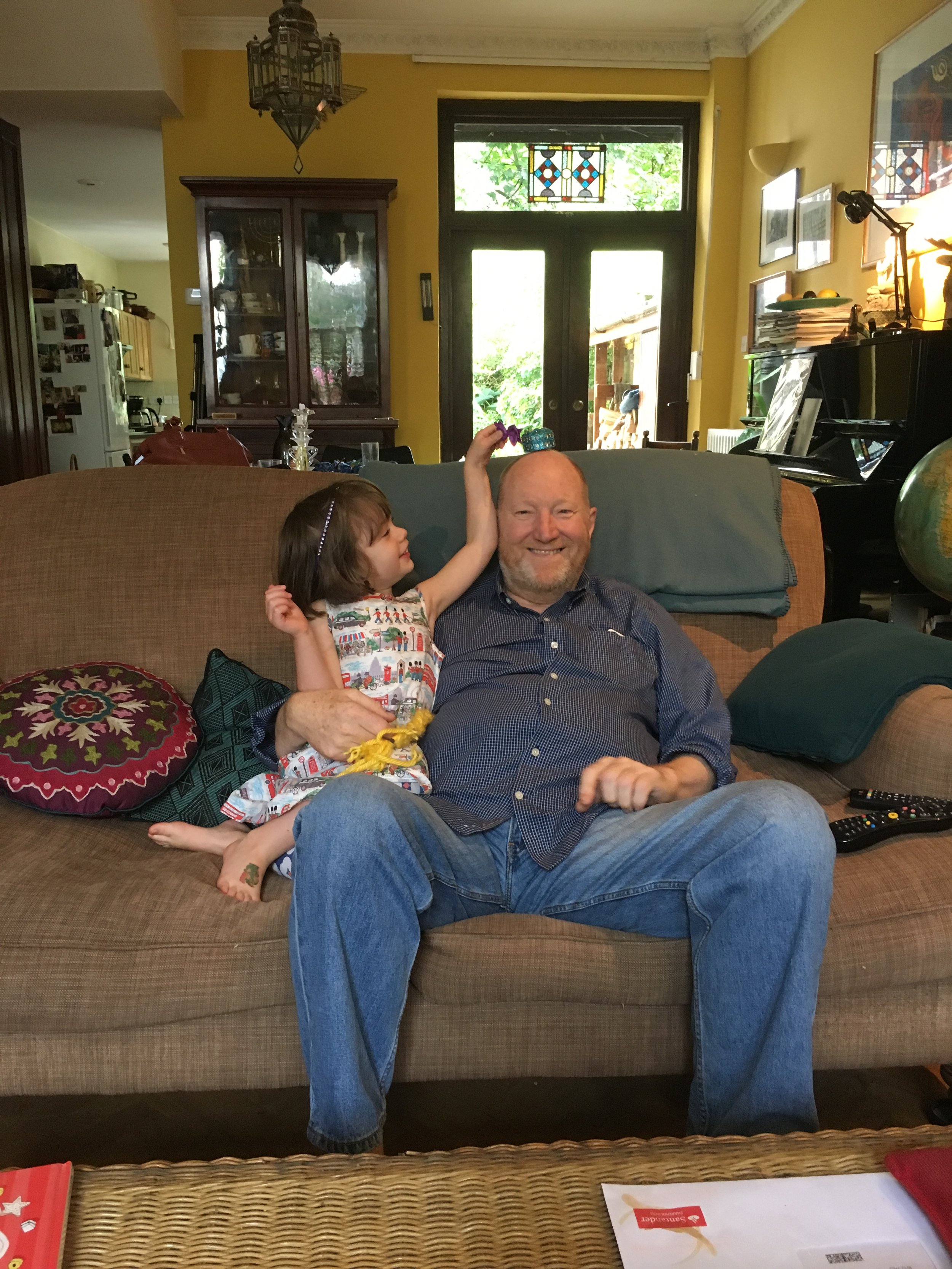
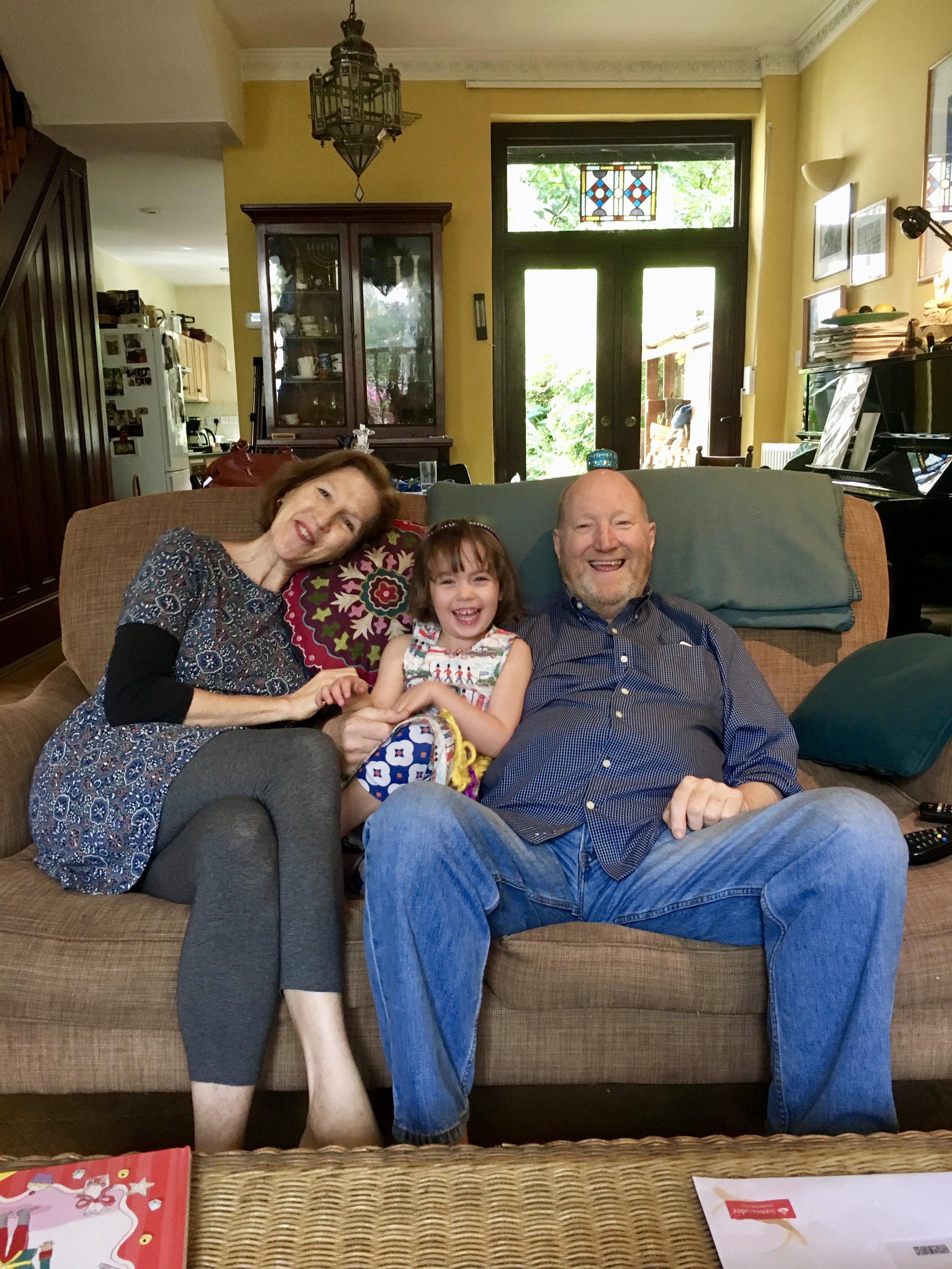
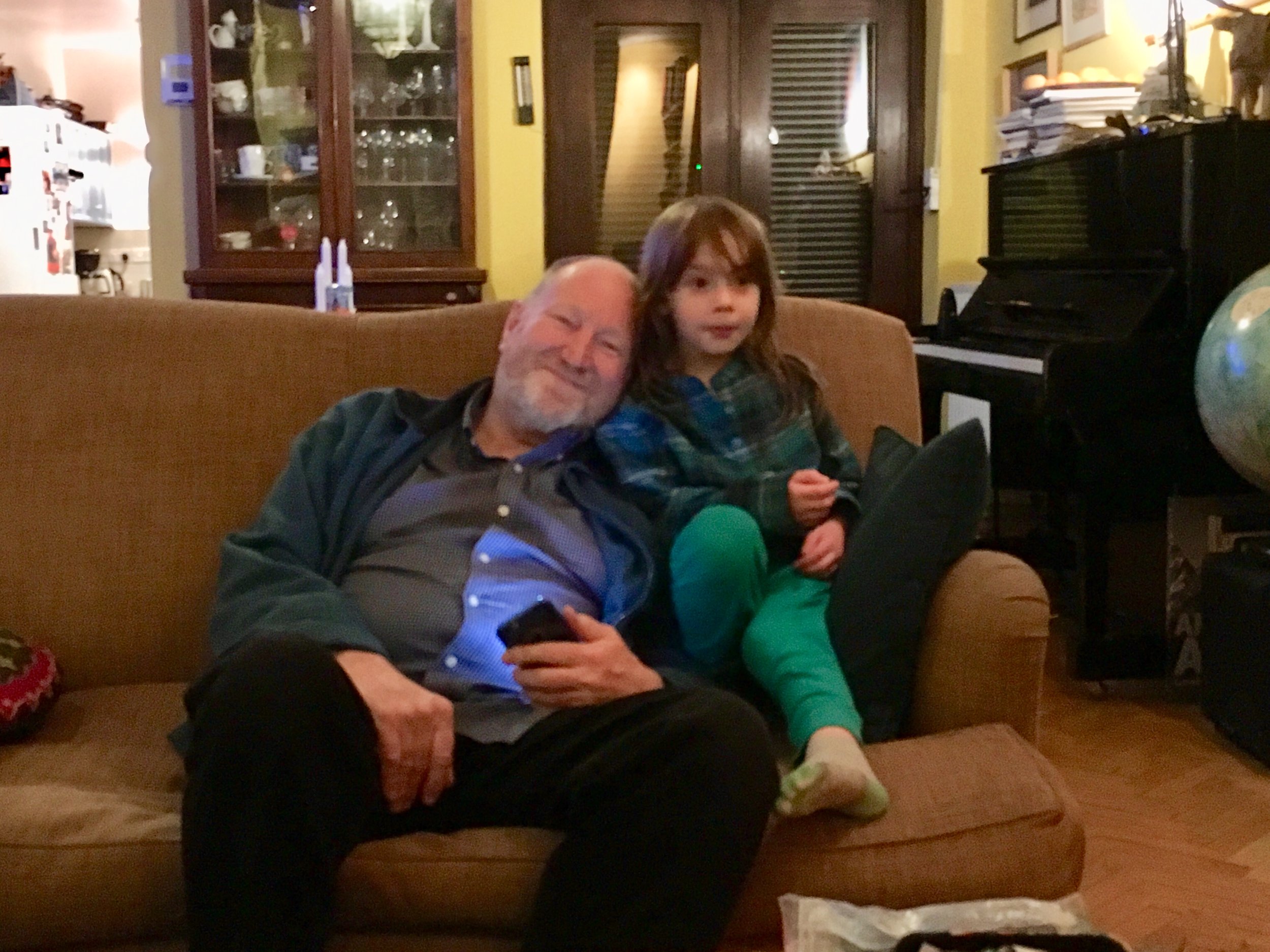
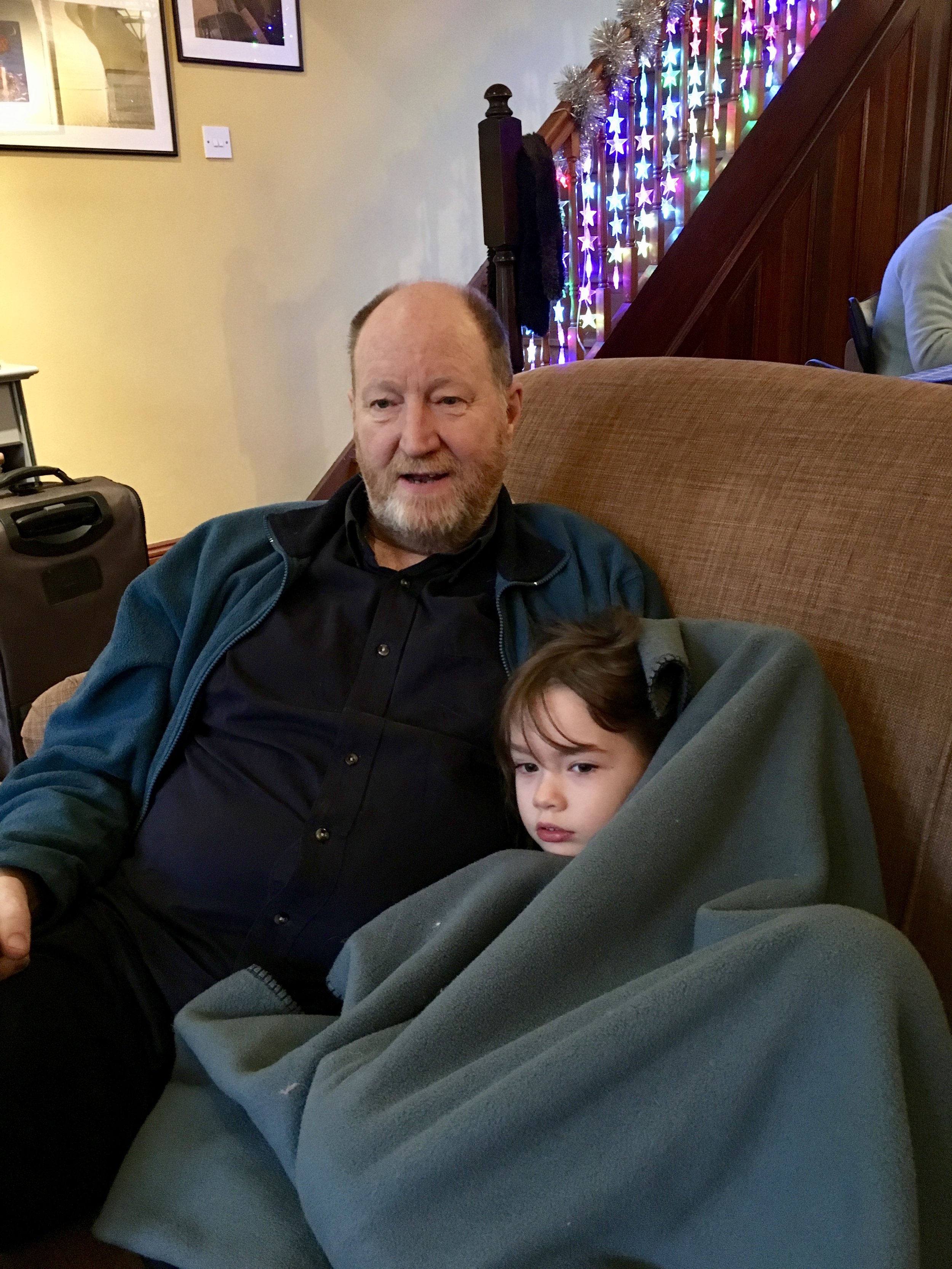
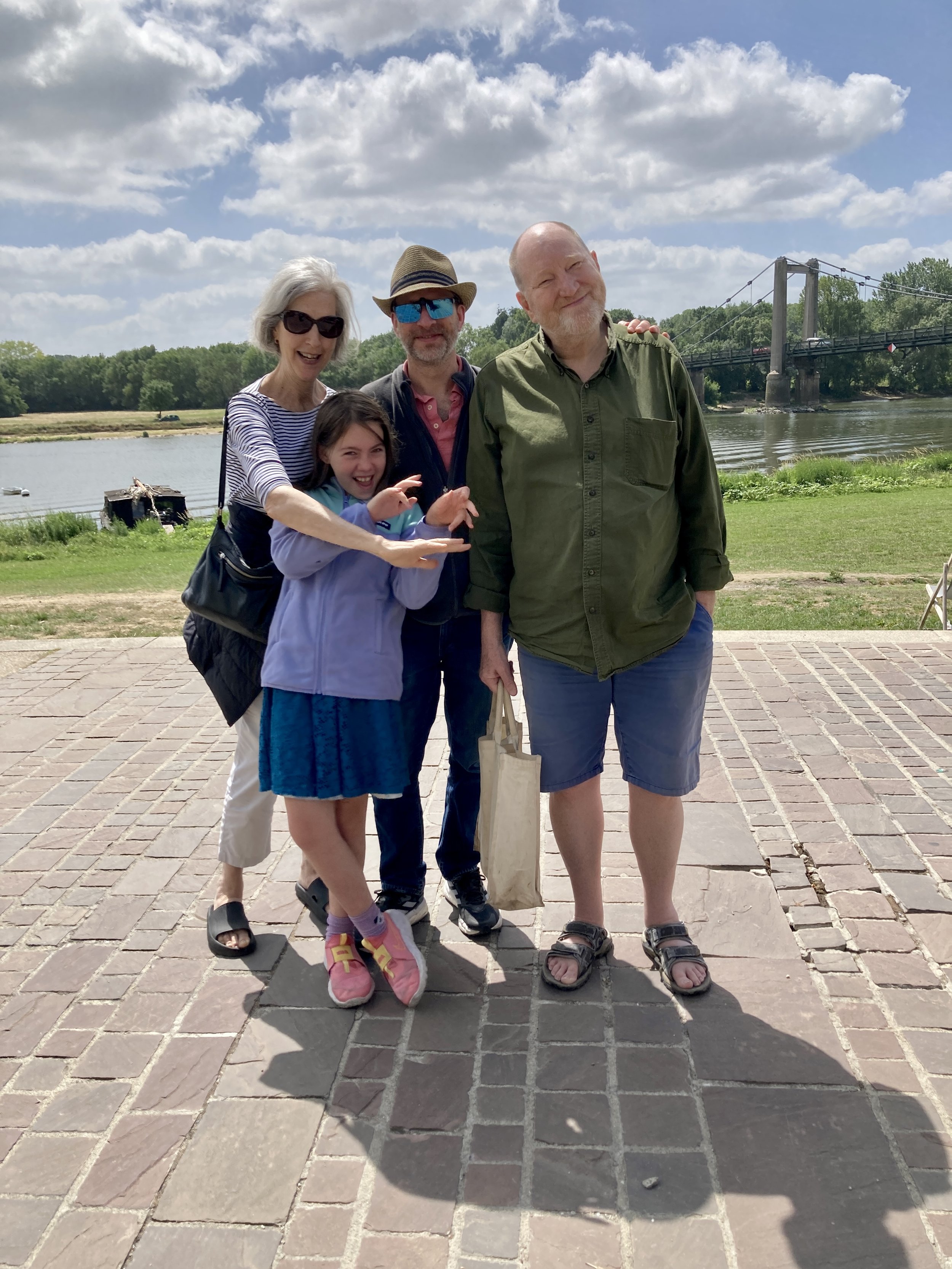
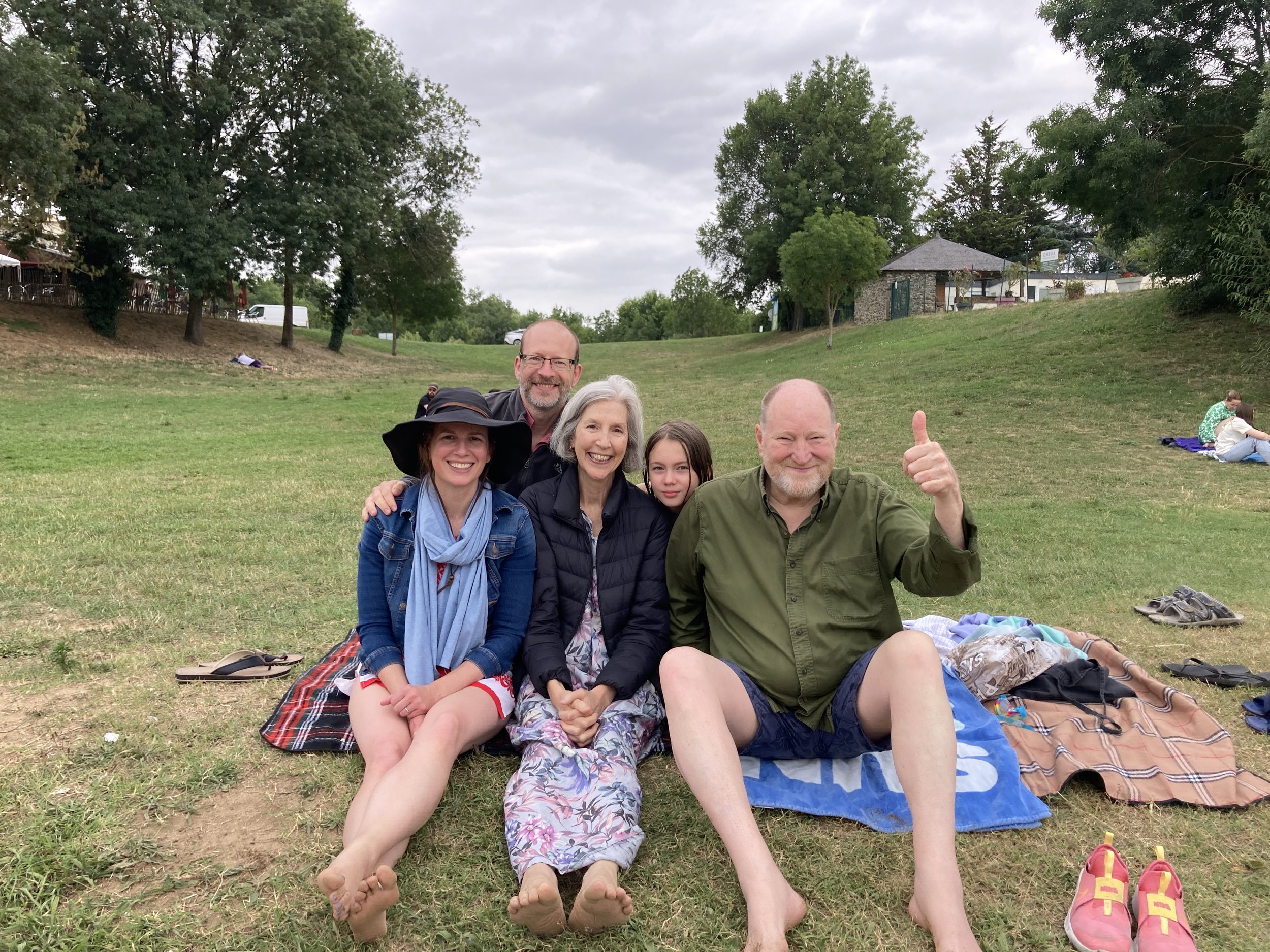
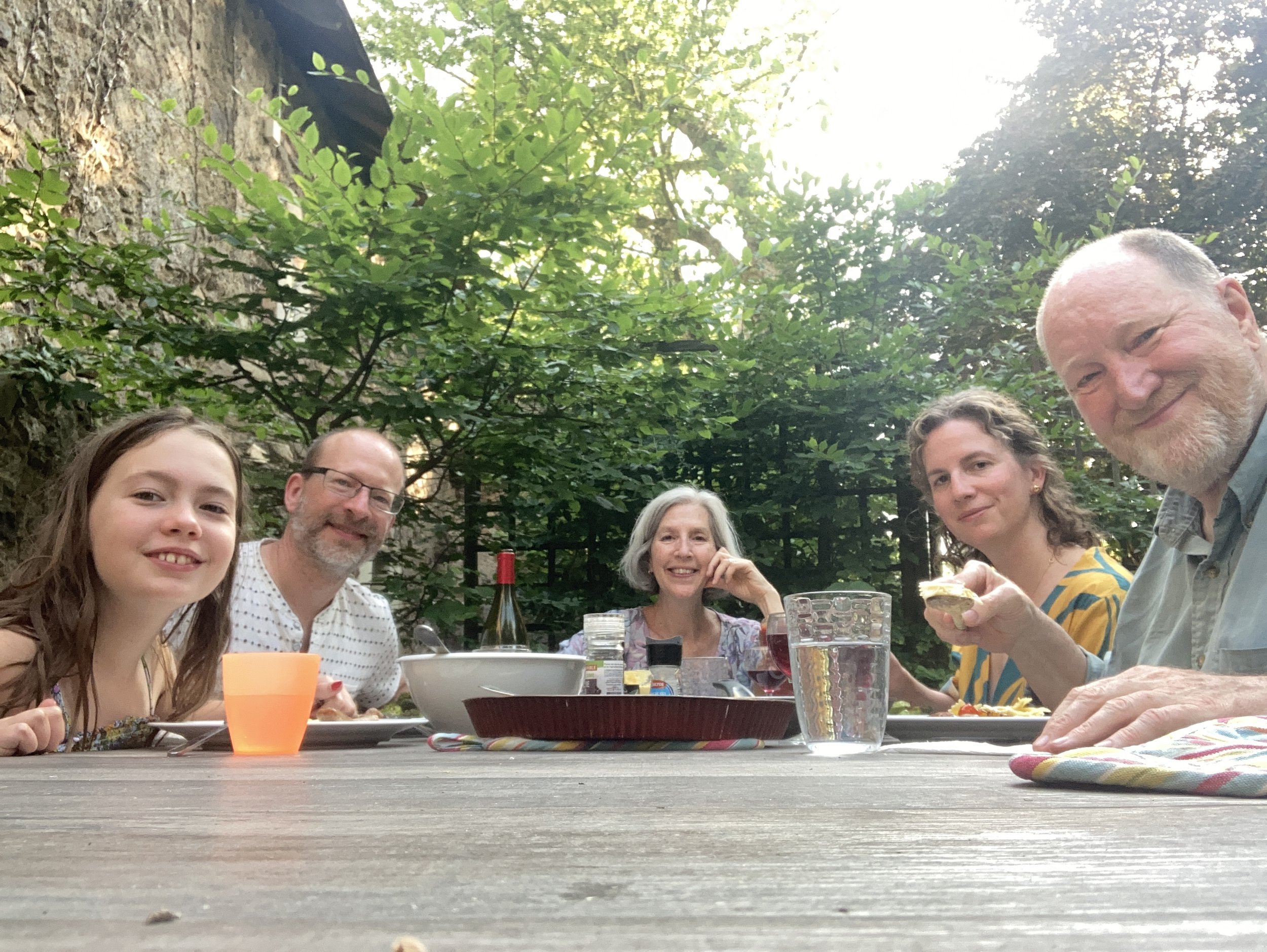
In his own life, Richard had an admirable energy and sense of direction and purpose. Since his death, there’s been an outpouring of love from the extended Genesis fanbase; Rich was a friend of the original band members, a great singer in his own right, and an early tour manager. In recent years he co-wrote a memoir about his time in the music business. (Our first books came out around the same time, and he once asked me, quite innocently, how many copies mine had sold; compared to the thousands his had, I was too embarrassed to say.) But Rich lived much of his life outside the world of rock and ahead of his time, working in the world of energy efficiency as a consultant and trainer. He made me aware of energy alternatives before the United States ever seemed to care about solar or wind power or the environmental impact of new building projects.
He loved red wine, good food, and driving fast. In France last summer, he told me that he felt safest in his car, behind the wheel. It made sense to me. He’d been on the road all over the world with Genesis, then worked as a London cabby. Enormously supportive and proud of Maggie's career as harpsichordist, fortepianist and pianist, Richard’s love of driving often helped facilitate her concert trips throughout the UK, Europe, the USA, and the Middle East. Every new place presented an adventure and opportunity; wherever he landed, he navigated with inspiring ease. I’ve always kind of hated driving, but Rich never felt nervous in the car, and so when he was driving, even if it was too fast on a narrow, hedgerow-lined lane at night, I didn’t feel nervous either.
Just as Rich and Mag taught me how to live, I learned from them how to grieve. Rich was the first man I knew to talk about going to therapy, to talk about his feelings openly, even when they were complicated and hard. The summer I turned fourteen I went to stay with him and Maggie just after they had lost their own baby at birth, Rivers. They could have canceled my visit—and would have been entirely right to—but they welcomed me as they always had, sharing their loss and also their love. I grieved for the parents they could have been. Now I and many other once-sad children mourn for the man who parented us even though he didn’t have to, who supported and loved us with his entire spirit. His life was mortal and too brief. His presence is eternal.
